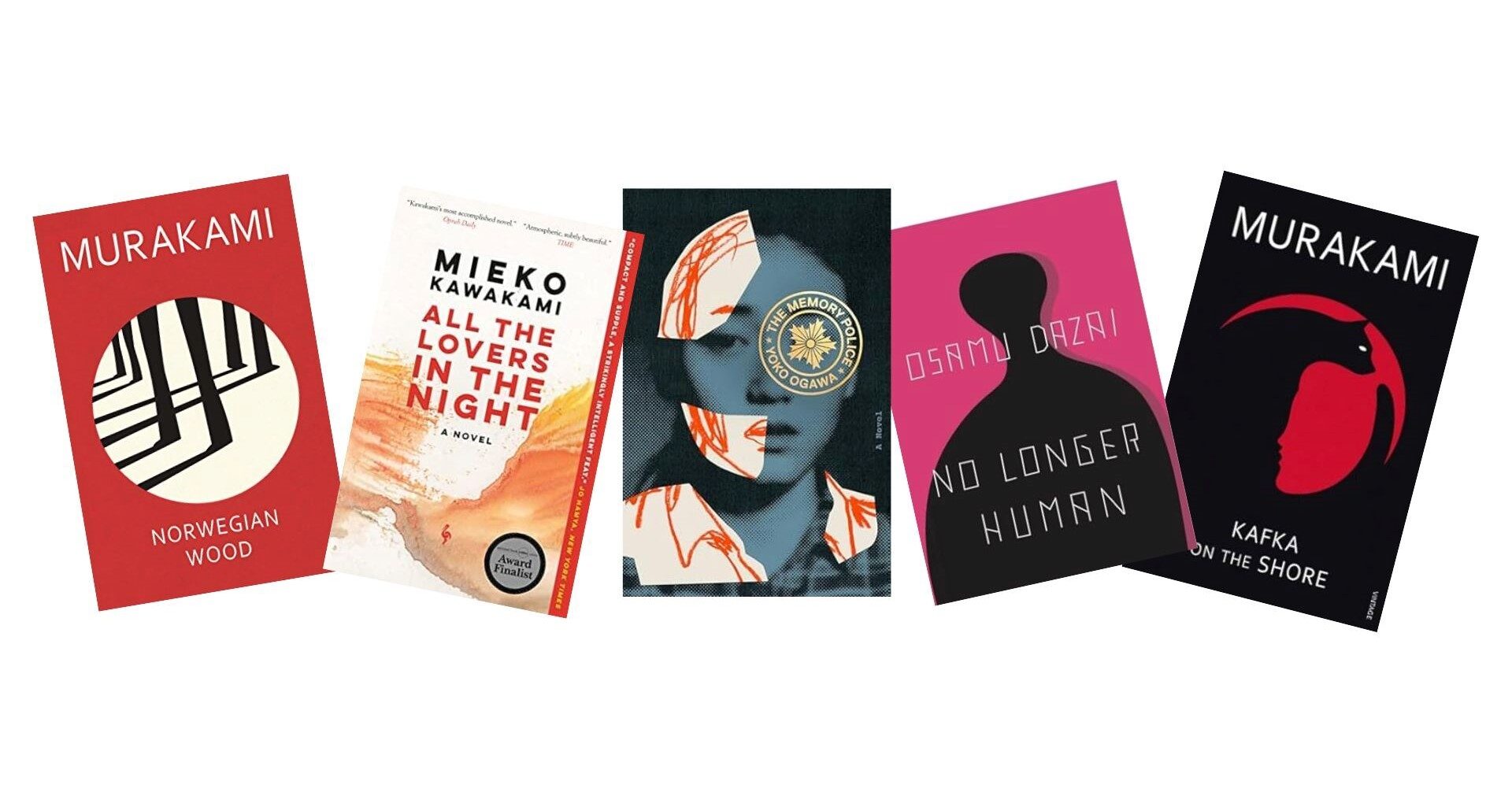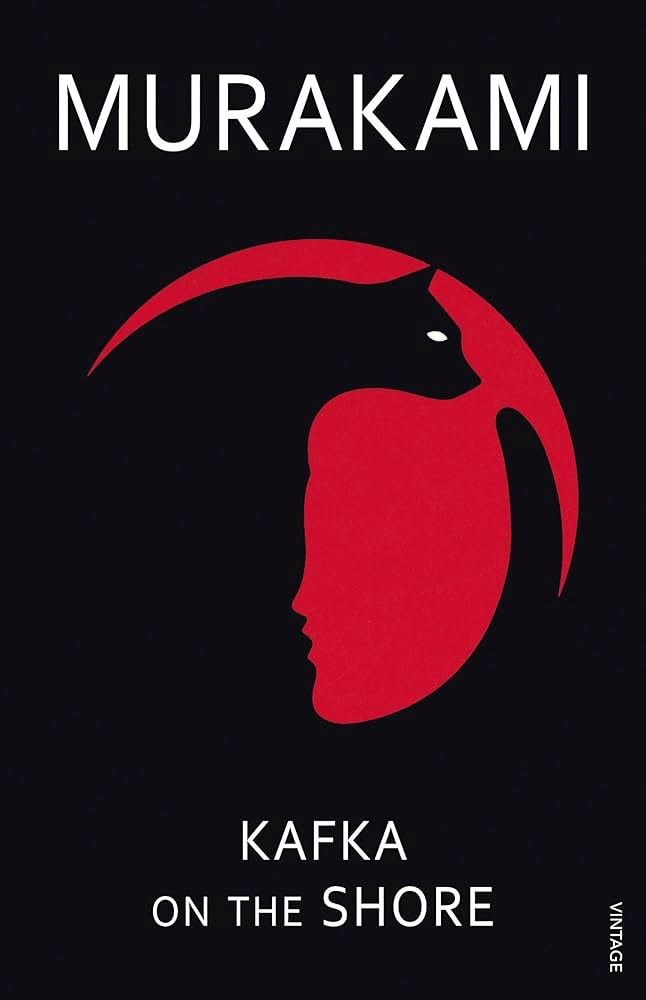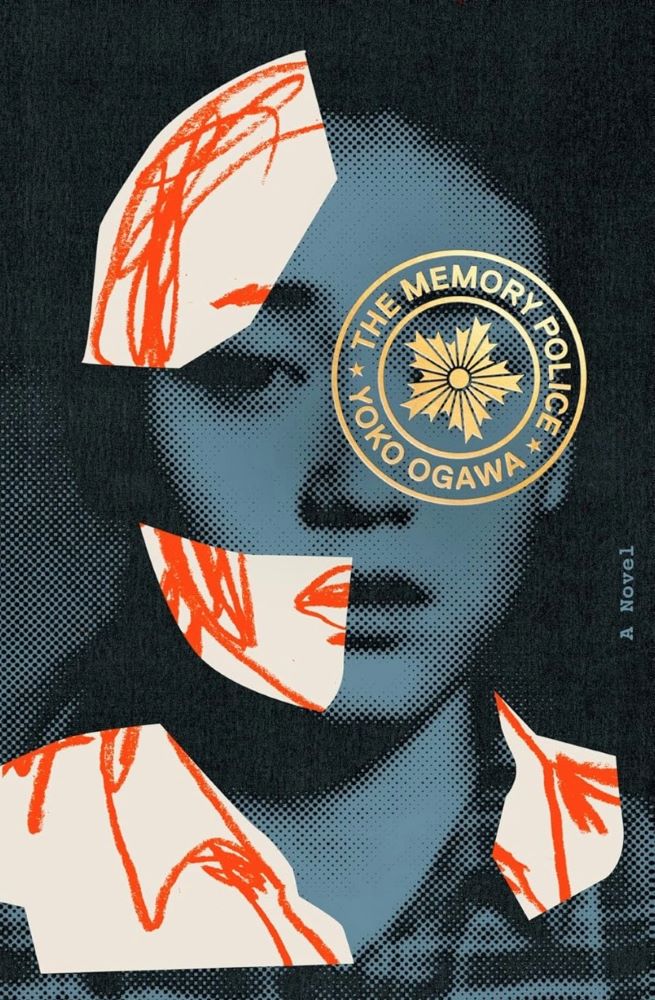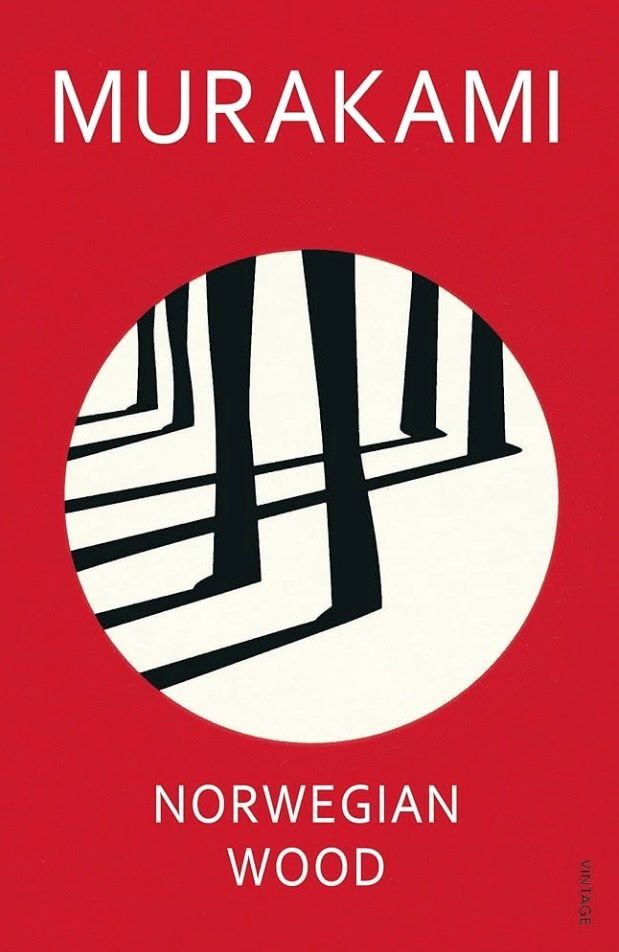Five Japanese Books You Need To Read
Japan is known for its anime, manga, and J-pop, but not enough for its literary fiction. Here are five must-read books that will keep you hooked.
Japanese writers tell mundane tales with a sadness that we all feel at one point in our lives. The books by beloved authors like Yoko Ogawa, Haruki Murakami, Osamu Dazai, and Mieko Kawakami will give you a sneak peek into this world. If you are just starting out reading Japanese fiction or looking for your next read, here are five books you need to consider.
Kafka on The Shore by Haruki Murakami
No list of Japanese fiction can be complete with at least one mention of Murakami. Kafka on The Shore follows a young boy named Kafka Tamura, who runs away from home to avoid an Oedipus curse, and an old man, Satoru Nakata, who can talk to cats. The book focuses the parallel worlds of these two as they go on their own journeys.
The book ventures into the depths of the human psyche against the backdrop of Japan’s enigmatic landscapes. Murakami intricately weaves together different narratives, blurring the lines between reality and dreams, past and present. Moreover, it’s a journey of self-identity, loneliness, and the search for meaning in a book wrought with magical realism. This book is a must-read for anyone looking for an immersive literary adventure, with weird but amusing side plots like a flute made out of cat souls, fish raining down, ghosts, and a collision of different worlds.
No Longer Human by Osamu Dazai
TW: Suicide and depression.
This book captures the sadness of feeling isolated from society. It is a collection of the protagonist, Yozo Oba’s diaries, which detail how he is going throughout life, putting on different acts to seem human. The book centers on Oba’s journey from a troubled youth masking his insecurities with humor to an adult, a victim of alcoholism and apathy.
Despite his flaws, Yozo’s character is painfully relatable, embodying the dichotomy of empathy and despicability inherent in human nature. Through Yozo’s introspections and societal critiques, Dazai forces readers to confront uncomfortable truths about the human condition and the societal constructs that shape it.
The Memory Police by Yōko Ogawa
This book is set on an unnamed island where objects keep disappearing overnight from the memories of the people and the world around them. The memory police keep these disappearances in check. However, there are a few people who are unable to forget. The memory police drag them away.
Birds, calendars, ribbons, and stamps are just some of the things that disappear throughout the book. The islanders are left with a feeling that something has disappeared, and soon that feeling also vanishes. This book is perfect for someone looking to dive into a dystopian world that explores themes of memory, identity, and surveillance set in a dream-like, hazy island.
Norwegian Wood by Haruki Murakami
This one from Murakami explores love, loss, and the complexity of human nature and relationships. The novel is set in 1960s Japan against the backdrop of student revolts. It follows Toru Watanabe, dealing with his friend Kizuki’s death and his relationship with his friend’s girlfriend, Naoko.
Murakami’s lyrical prose draws you into Watanabe’s mind and explores the pain, passion, and desires of his youth. Most of us can relate to these universal feelings the protagonist goes through. The beauty of this book is that you might end up finding a part of yourself in Watanabe.
All the Lovers in the Night by Mieko Kawakami
In a conversation with Max Liu for Foyles, Kawakami stated that she started off writing poems before diving into prose. This explains the poetic descriptions of light and music as well as her lyrical style of writing. She tells the story of Fuyuko Irie, a 34-year-old shy freelance copy editor living a solitary life combing manuscripts for errors. However, Irie ventures out of her walls and meets an older man.
Although it is not a heavily plot-driven story, the book explores the nuanced experience of womanhood in Japan through the perspective of a woman who deliberately isolates herself from the world through work. A copywriter has to suppress their feelings when reading a piece, Kawakami explains, that Irie is already suppressed in society, being a woman in Japan. You can purchase the book here.
These are just a few beautifully written Japanese books that explore the human experience. You can find more recommendations here.











